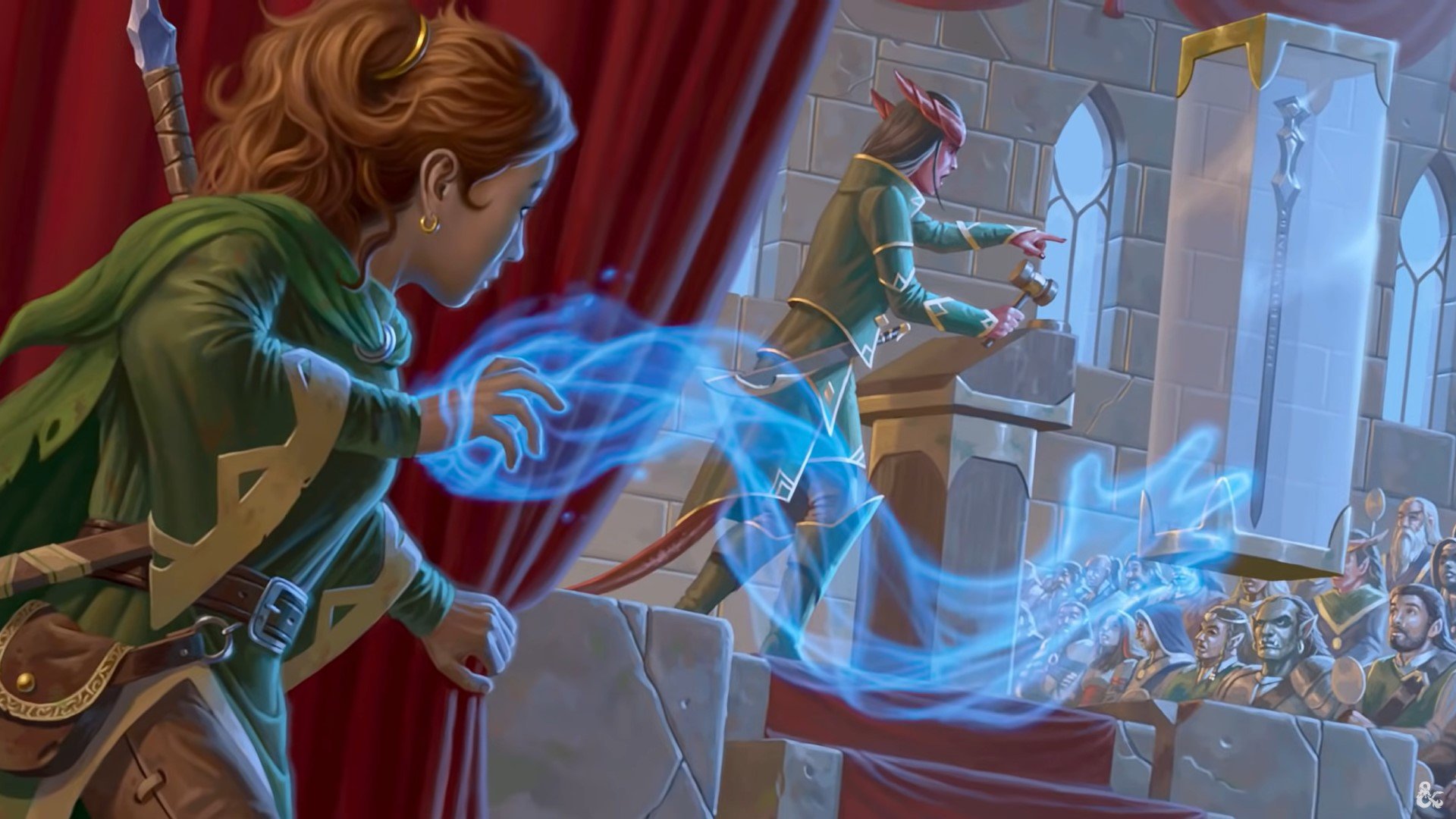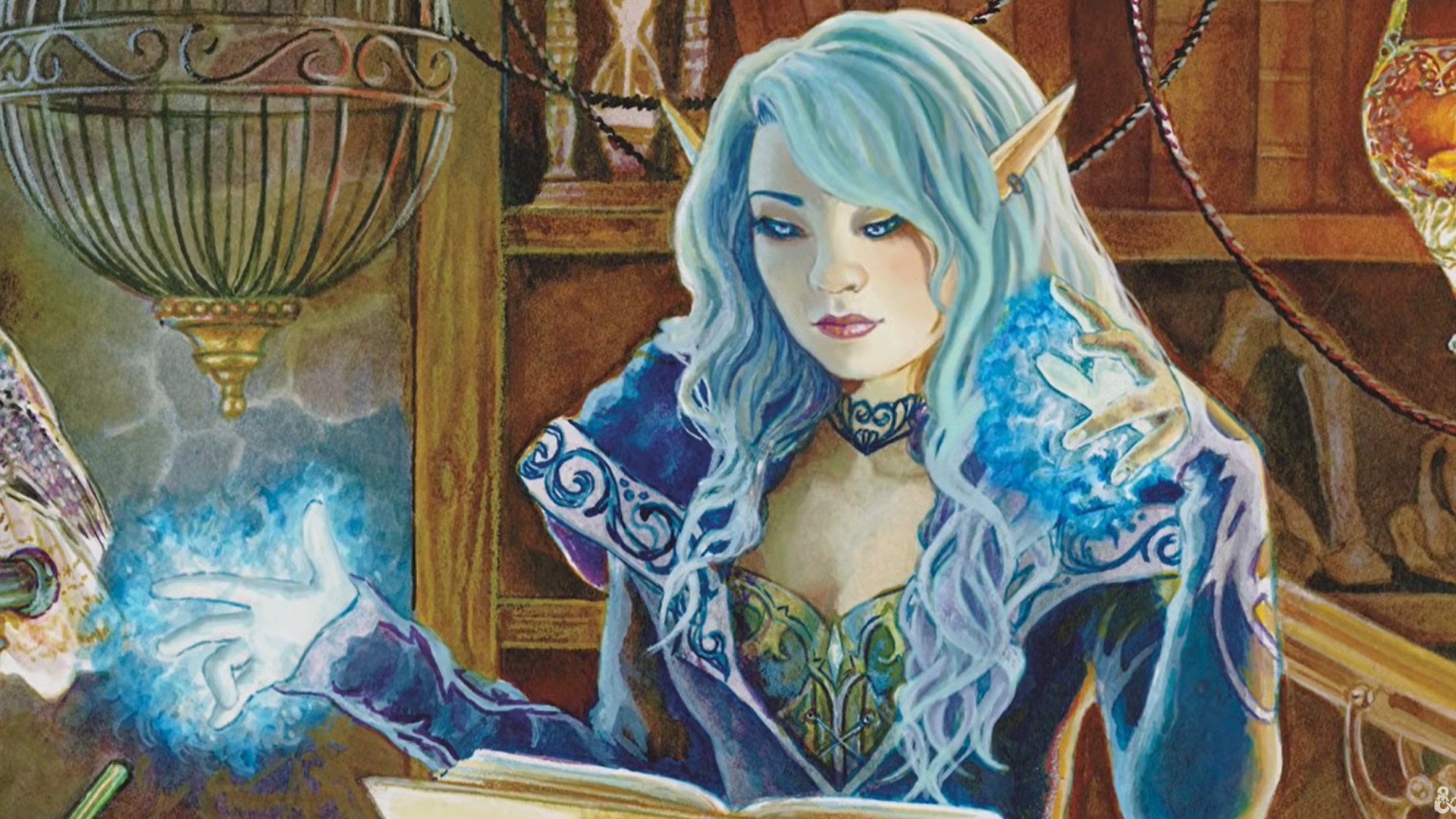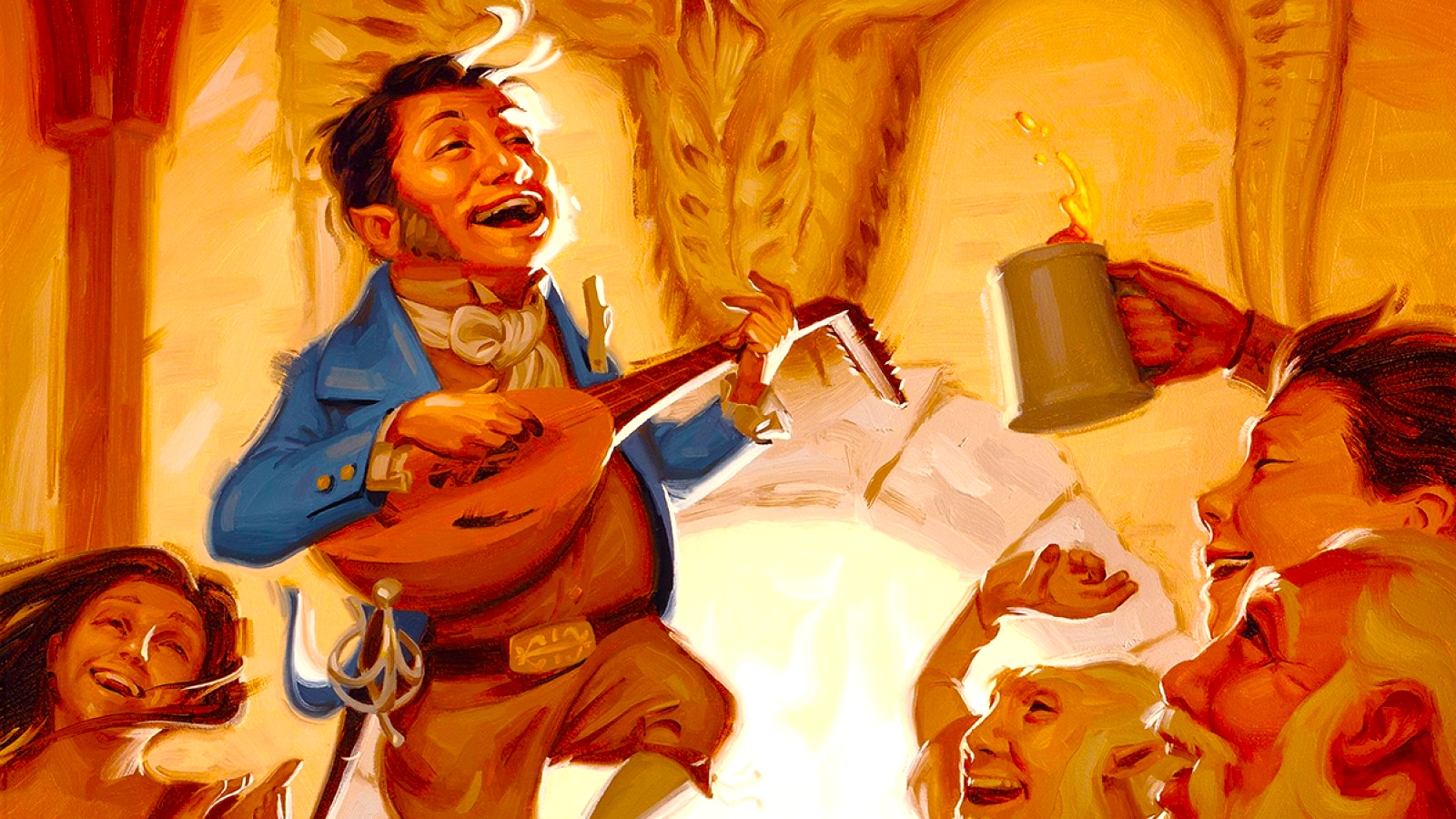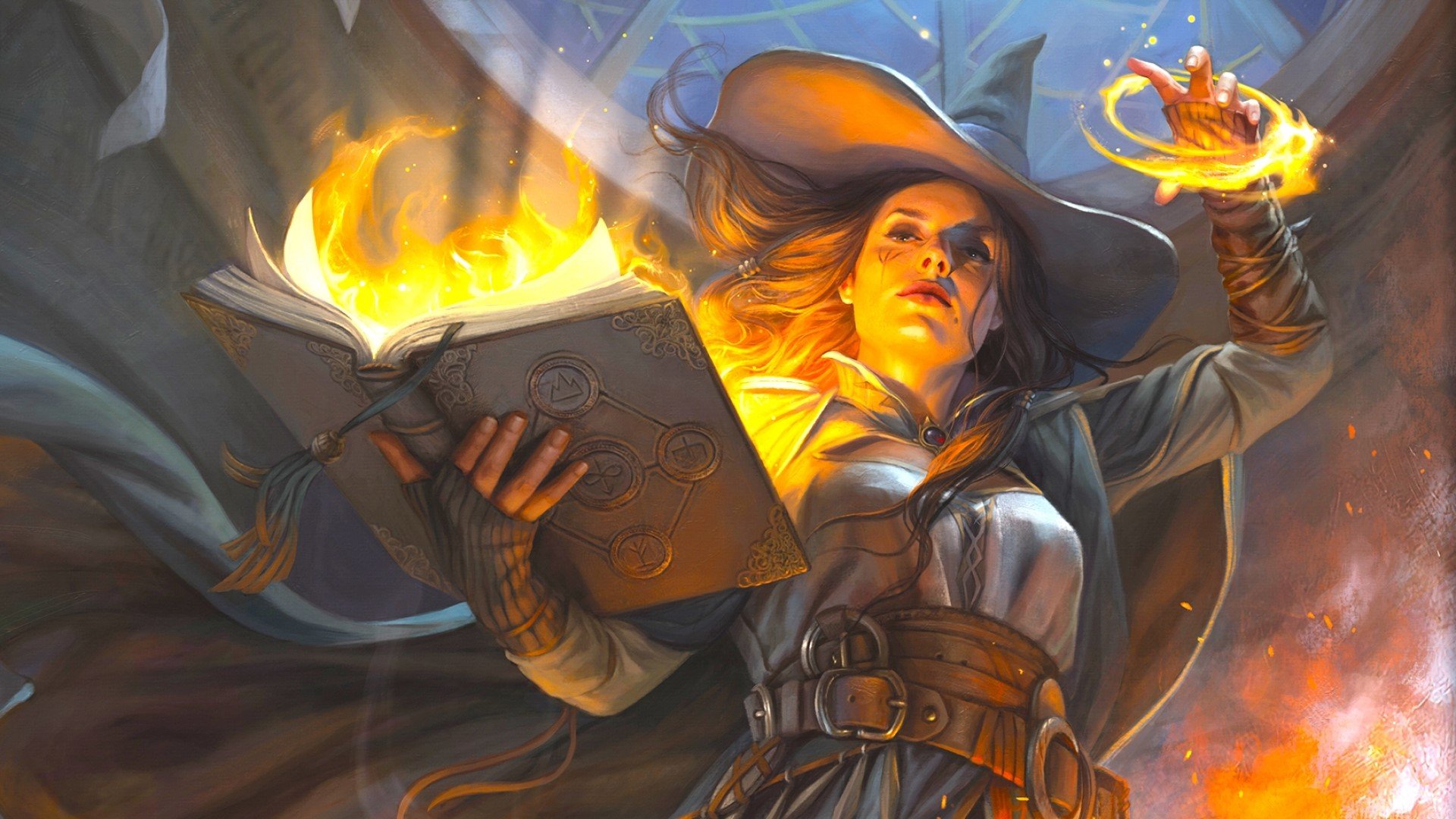It doesn’t take a mind reader to understand what the DnD Detect Thoughts 5e spell does. Armed with little more than a copper piece, the spellcasters of the D&D world can wiggle their way into a target’s mind. Want to learn someone’s current mood, their biggest worries, or their nefarious secret plans? Now you can go digging through nearly everybody’s grey matter.
Perfect for investigations and interrogations, the DnD Detect Thoughts 5e spell offers the kind of magic that makes you look mysterious and clever. It’s not one of the DnD 5e spells you’d learn to do big damage in combat, but it holds a whole lot of alternative roleplaying potential. Below is a guide that gives you the full Detect Thoughts package – including top tips, components, and which DnD classes can cast it.
Here’s all you need to know about the DnD Detect Thoughts 5e spell:
Detect Thoughts 5e features
| Level | Second |
| Casting time | One action |
| Duration | One minute (with concentration) |
| Range / Area | Self |
| Attack / Save | Wisdom save |
| School | Divination |
How to cast Detect Thoughts 5e
First grab your components. You’ll need your verbal (spoken) and somatic (gestures) components, as well as a copper piece for your material component. The spell also needs you to maintain concentration. Factors that break concentration include:
- Taking damage
- Being killed or falling unconscious
- Taking damage and failing a Constitution saving throw
- Being distracted by your environment (as ruled by the DM)
Got concentration and components sorted? Good – now it’s time to get casting. Detect Thoughts lets you read the thoughts of a creature within 30 feet. You first learn its immediate thoughts, but you can also spend an action to explore the creature’s mind further.
If you do this, the target can end the spell by succeeding on a Wisdom saving throw (though if it fails, the mind probing continues). Even if it fails the roll, the creature now knows you’re in its brain. It can then spend an action making an Intelligence check – ending the spell if it can beat an Intelligence check rolled by you.
You can also spend an action switching the target whose mind you’re reading, so it’s possible to read multiple minds using one spell. However, choose your target carefully. Creatures that don’t speak any language or who have three or less Intelligence can’t have their minds read – simply because there’s nothing to read. To put it nicely, the lights are on but nobody’s home.
Who can cast Detect Thoughts 5e
The Bard 5e, the Sorcerer 5e, and the Wizard 5e are the only classes that can cast Detect Thoughts without adding a specific subclass to their DnD character sheets. A Warlock 5e character who chooses the Great Old One as their patron can learn Detect Thoughts, and the Arcane Trickster Rogue 5e and Eldritch Knight Fighter 5e can both access the spell through the Wizard spell list. However, these latter two classes must wait until level eight to become mind readers.
Detect Thoughts 5e tips
As you can imagine, having unrestricted access to a creature’s thoughts has many uses. The Player’s Handbook points out that Detect Thoughts makes a handy interrogation tool as you can use questions spoken aloud to direct your target’s thoughts. You can lie with your mouth, but it’s harder to lie with your mind.
There are slightly fewer ways to use Detect Thoughts in combat, but it can still be helpful. A quick mind scan could let you know what an enemy plans to do next, giving your party a nice tactical advantage.
The core DnD books also suggest a slightly less obvious use for the spell. Instead of targeting a specific creature, you can use Detect Thoughts to find a thinking creature within range that you might not be able to see. The only things stopping you from locating a nearby mind are two feet of rock, two inches of metal, or a thin sheet of lead.
Of course, the downside is you can only gather so much info before the target notices your presence. It’s a risky spell to use on an NPC that doesn’t already know you’re in the room, and it’s a spell that could quickly turn an indifferent character hostile if you push your luck. Tread carefully with your mental deep dives, D&D players.
Source: Wargamer








